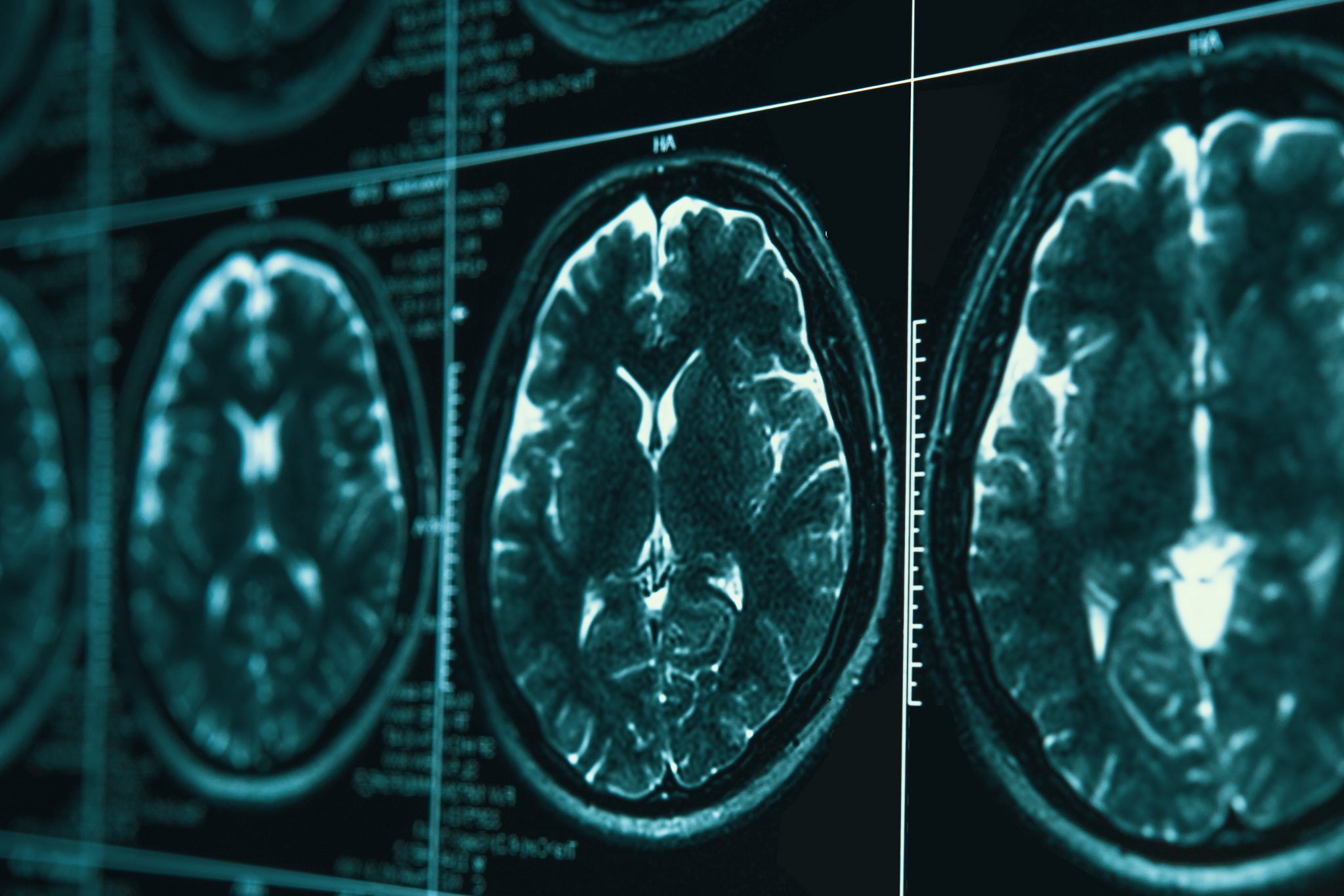For decades, scientists have used brain imaging techniques – like PET scans or MRIs – to study psychoactive drugs. Antidepressant trials, for example, examine the brain of a depressed patient before and after taking the medication to help determine whether it is working as intended.
Sarah Feldstein Ewing, a clinical child/adolescent psychologist, had an idea to adapt this framework to study the effectiveness of another type of psychological intervention: therapy.
“What if we played snippets of therapy sessions back to people while they were in the scanner?” she wondered. “That could tell us a little bit more about how the brain changes in therapy.”
Feldstein Ewing, who joined the UConn Health faculty earlier this year as the Vice Chair for Research in the Department of Psychiatry in UConn School of Medicine, began testing this idea with adults and adolescents in therapy for addiction treatment.



